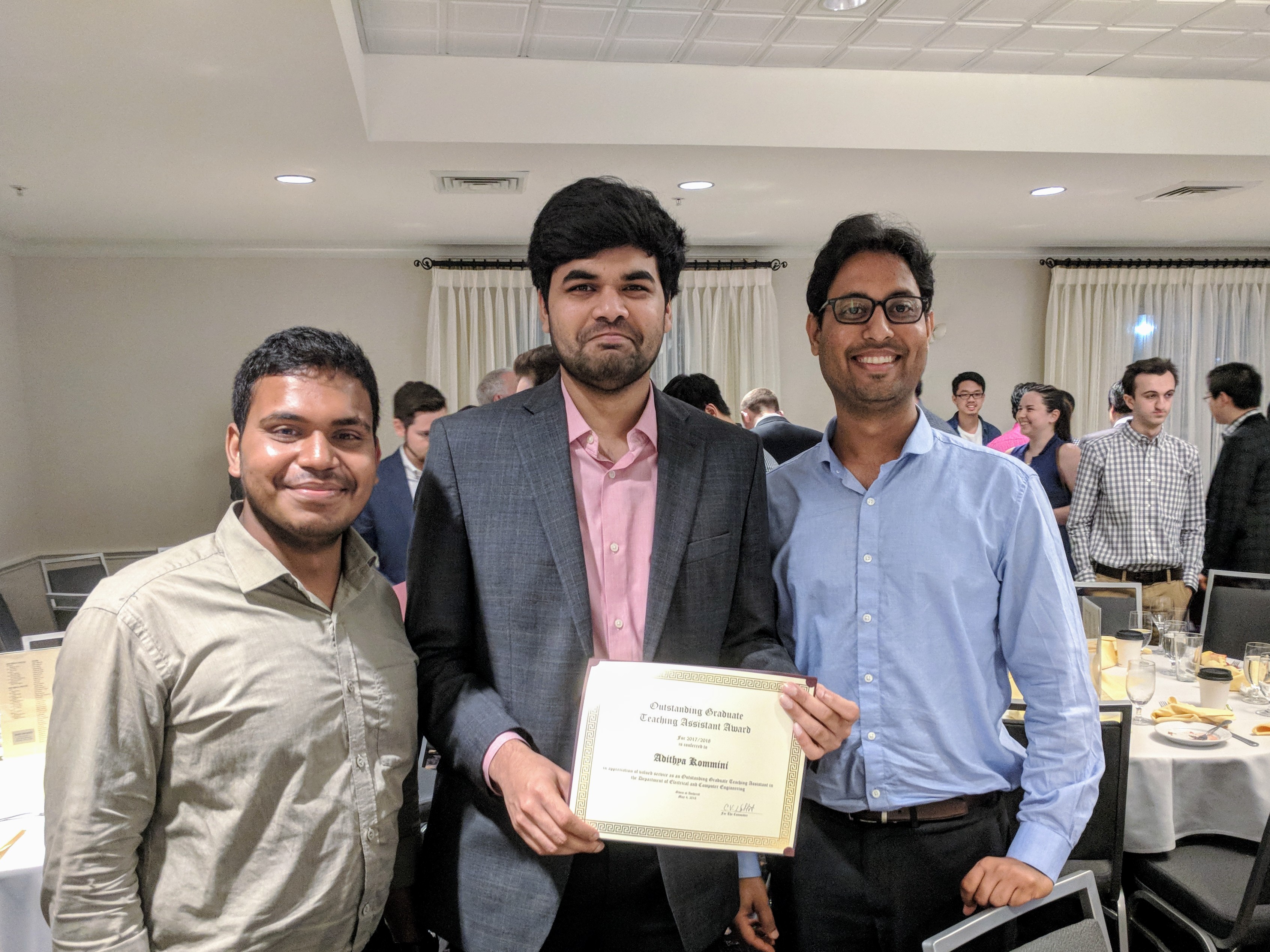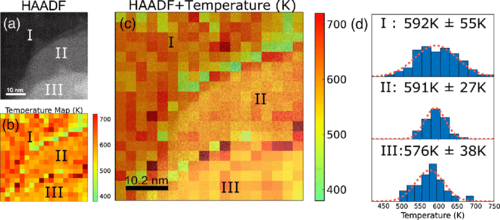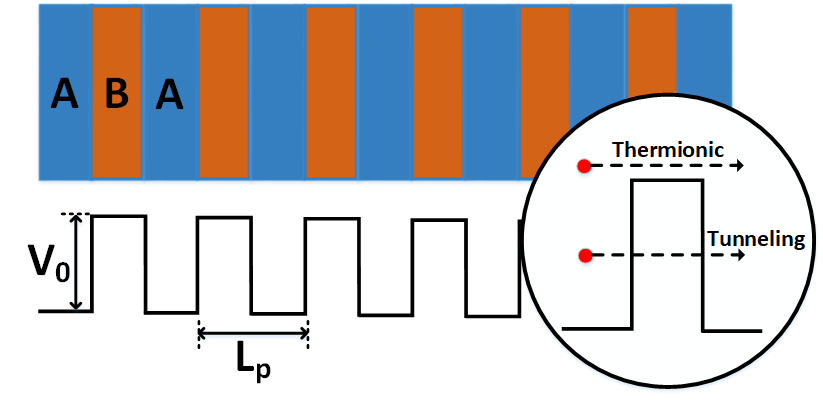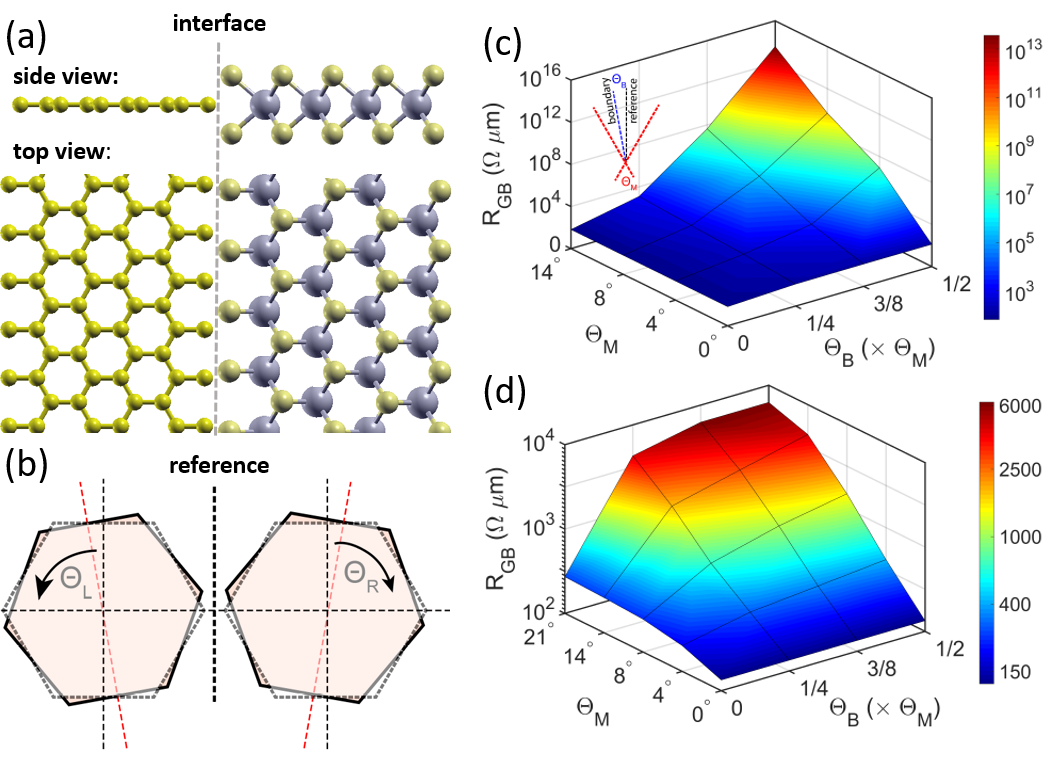At the annual ECE Banquet, held Friday May 4th 2018, NETlab member Adithya Kommini was honored with an “Outstanding Teaching Assistant” award from the department. Congratulations Adithya!
Adithya Wins Outstanding Teaching Assistant Award
Prof. Aksamija Comments in Prominent Science News Magazine
Prof. Zlatan Aksamija was recently quoted in a Science News story about why scientists are studying how 2-D materials such as graphene behave at high temperatures. In the February 13 edition of Science News, Aksamija said that commonly used silicon-based electronics are “hitting a brick wall” regarding how much smaller they can be manufactured, and that 2-D materials could be ideal for constructing the next generation of tiny devices:
http://ece.umass.edu/news/aksamija-comments-prominent-science-news-magazine
Prof. Aksamija Comments in Prominent Science News Magazine
Prof. Zlatan Aksamija was recently quoted in a Science News story about why scientists are studying how 2-D materials such as graphene behave at high temperatures. In the February 13 edition of Science News, Aksamija said that commonly used silicon-based electronics are “hitting a brick wall” regarding how much smaller they can be manufactured, and that 2-D materials could be ideal for constructing the next generation of tiny devices:
http://ece.umass.edu/news/aksamija-comments-prominent-science-news-magazine
Prof. Aksamija interview video with ECE Student Advisory Council (ESAC)
Prof. Aksamija interview video with ECE Student Advisory Council (ESAC)
Our vdW-TBC paper included in Nanotechnology Highlights of 2017
Cameron and NETlab alum Ela’s work on the thermal boundary conductance between van der Waals atomic layers and substrates, with impact on device applications on graphene, MoS2 and related materials, was included in Highlights of 2017, section on Energy at the Nanoscale: http://iopscience.iop.org/journal/0957-4484/page/Highlights%202017
Our article will be free to read throughout 2018, offering unlimited access to the work.
Our vdW-TBC paper included in Nanotechnology Highlights of 2017
Cameron and NETlab alum Ela’s work on the thermal boundary conductance between van der Waals atomic layers and substrates, with impact on device applications on graphene, MoS2 and related materials, was included in Highlights of 2017, section on Energy at the Nanoscale: http://iopscience.iop.org/journal/0957-4484/page/Highlights%202017
Our article will be free to read throughout 2018, offering unlimited access to the work.
Adithya’s article published in a special issue of Journal of Physics: Condensed Matter
Adithya’s recent work on “Thermoelectric Properties of Periodic Quantum Structures in the Wigner-Rode Formalism” has been accepted for publication in a special issue of the Journal of Physics: Condensed Matter. The article is available here: https://doi.org/10.1088/1361-648X/aaa110
College of Engineering news article about our graphene/MoS2 paper
The UMass College of Engineering news office has written a nice article about our recent paper on graphene/MoS2 interfaces, published in Scientific Reports. Here is a link to the news article: http://engineering.umass.edu/news/aksamija-and-his-graduate-students-publish-paper-scientific-reports



